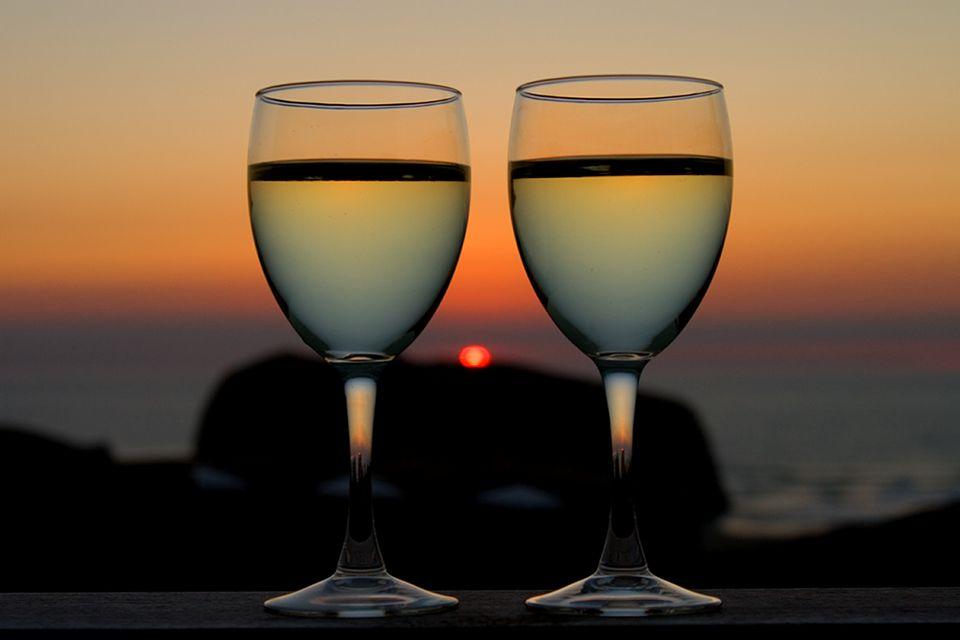3 Mins Read
In Part 1 of this series, we covered what it means for a wine to be organic, what sulfites are and why they can be harmful. In Part 2 below, we explain how biodynamic wine is different from organic wine and what exactly is vegan wine.
What is Biodynamic Wine?
A biodynamic winery is philosophically concerned with the holistic process of wine making and its respect for the planet and its surrounding environment. The key principles of biodynamic farming (which can be applied to other types of agriculture, not just grape vines) were formulated in the 1920s by Rudolf Steiner, an Austrian scientist.
The main tenets involve respecting soil fertility and ensuring that the harvesting of crops does no damage to the surrounding area’s ecosystem of plants, earth and animals. Biodynamic farming also includes a resource conservation aspect: the least amount of water and soil are used. Planting and harvesting is timed with the sun and the moon’s cycles to take into account Earth’s gravitational forces.
Absolutely no synthetic chemicals or toxins are used in biodynamic winemaking- such wine farmers also make sure to reuse any waste by composting and recycling soil. Pest management is undertaken from a totally natural point of view making use of gardening techniques such as planting certain herbs that insects keep away from alongside the vines, etc.
Are Biodynamic Wines Organic?
The short answer is yes: biodynamic wines do not use any chemicals in the growing of grapes or the processing of wines so they are by definition organic. As a rule, the biodynamic philosophy is more expansive and more of a holistic growing philosophy than the organic movement. There is enough overlap between the two that a consumer can feel confident that purchasing a biodynamic wine is an organic choice. The complications arise because of certification: it is expensive and time-consuming to be certified organic so some wineries may feel that a biodynamic stamp is enough. So technically, biodynamic wines are not certified organic.
What is Vegan Wine? And What About Vegetarian Wine?
It seems strange to talk about vegan- or even vegetarian- wine, but there is an important distinction. Wine can be biodynamic and organic but not vegan. While the grapes themselves are purely vegetarian, winemakers use animal by-products during processing. Examples are egg whites, gelatin (from pigs and other animal feet), casein (a milk protein) and isinglass (from fish, also used in beer). These substances help with the wine filtering and clarifying process, removing impurities and clearing out yeast and grape skins.
Vegetarian winemakers can make use of the egg whites and the casein but vegan wines obviously can contain none of what we have just mentioned. Vegan winemakers resort to using clay minerals such as bentonite and kaolin to purify the wines. There is no formally recognized vegan or vegetarian wine stamp so the best way to ensure that a winemaker is respecting these qualifications is to do some research into the wineries and the producers. There are also wine buying groups/clubs specifically dedicated to vegan and vegetarian wines that have done a lot of the pre-selection already.
Well that about covers it folks! Don’t ever be intimidated when reading a wine menu again- you can be sure you will be the table’s ultimate green wine expert.
Lead image courtesy of Pexels.





